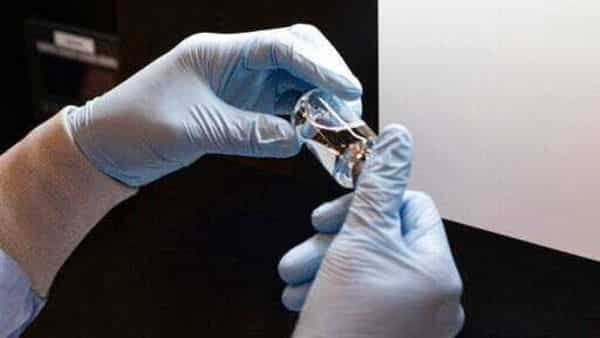India Approves Gilead’s Antiviral Drug ‘Remdesivir’ for Emergency Use in Treating COVID-19 Patients
New Delhi: The Indian Government has approved Gilead Sciences’ antiviral drug remdesivir for emergency use in treating COVID-19 patients.
This has been informed by Lav Agarwal, joint secretary in the Health Ministry on Tuesday.
Remdesivir approved on June 1 under emergency use with condition for five dose administration, said the Drugs Controller General of India.
Earlier, Gilead Sciences announced topline results from the open-label, Phase 3 SIMPLE trial evaluating 5-day and 10-day dosing durations of the investigational antiviral remdesivir in hospitalized patients with severe manifestations of COVID-19 disease.
The study demonstrated that patients receiving a 10-day treatment course of remdesivir achieved similar improvement in clinical status compared with those taking a 5-day treatment course (Odds Ratio: 0.75 [95% CI 0.51 – 1.12] on Day 14). No new safety signals were identified with remdesivir across either treatment group.
Gilead plans to submit the full data for publication in a peer-reviewed journal in the coming weeks.
“Unlike traditional drug development, we are attempting to evaluate an investigational agent alongside an evolving global pandemic. Multiple concurrent studies are helping inform whether remdesivir is a safe and effective treatment for COVID-19 and how to best utilize the drug,” said Merdad Parsey, MD, PhD, Chief Medical Officer, Gilead Sciences.
“These study results complement data from the placebo-controlled study of remdesivir conducted by the National Institute for Allergy and Infectious Diseases and help to determine the optimal duration of treatment with remdesivir. The study demonstrates the potential for some patients to be treated with a 5-day regimen, which could significantly expand the number of patients who could be treated with our current supply of remdesivir. This is particularly important in the setting of a pandemic, to help hospitals and healthcare workers treat more patients in urgent need of care.”


Comments are closed.